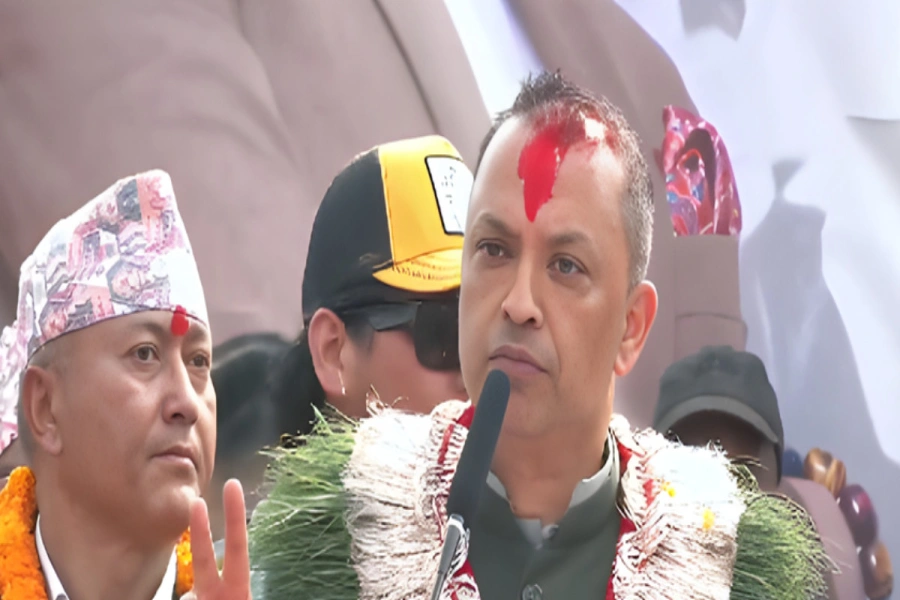DHAKA, Aug 16: A second retired military general was sworn into Bangladesh's interim government on Friday, one of four new additions to the caretaker administration formed after last week's ouster of autocratic ex-premier Sheikh Hasina.
Jahangir Alam Chowdhury, 71, and three others joined the "council of advisers", the de facto cabinet now running Bangladesh under the leadership of Nobel laureate Muhammad Yunus.
Hasina, 76, fled to neighbouring India by helicopter last week as demonstrators flooded Dhaka's streets in a dramatic end to her iron-fisted rule of 15 years.
More than 450 people were killed in the weeks of protests leading up to her August 5 ouster, most by police fire.
Chowdhury was a three-star general and second-in-command of the army but retired in 2010 -- the year after Hasina took office.
The pair had butted heads in the aftermath of a savage mutiny by troops against senior military officers that raised fears of a power struggle between the armed forces and the government.
Interim govt of Bangladesh approves decision to import 40 MW of...

The 2009 mutiny killed 74 people over two days, including 57 senior officers, some of whom were hacked to death or burned alive before their bodies were dumped in sewers or shallow graves.
More than 150 soldiers were sentenced to death in 2013 for participating in the uprising, which began partly in anger that their pleas for better pay and treatment had been ignored.
Their trials were criticised for procedural irregularities and claims that the defendants were tortured while in custody, which Hasina's government denied.
Chowdhury was tasked with leading a "neutral" army probe into the mutiny soon after it occurred, competing with a rival investigation already set up by Hasina's administration.
Also sworn in Friday were former cabinet secretary Ali Imam Majumder, Cambridge-educated economist Wahiduddin Mahmud, and professor and infrastructure expert Fouzul Kabir Khan.
- 'Peaceful and progressive' -
Sworn in last week were rights activists, an Islamic cleric, a former central bank chief and two student leaders of the protests that toppled Hasina.
Retired one-star army general Sakhawat Hossain was also tapped to run the home ministry.
Several of the cabinet's members are associated with the Bangladesh Nationalist Party, the main opposition to Hasina's Awami League.
Hasina's rule saw widespread human rights abuses, including the mass detention and extrajudicial killings of her political opponents.
Yunus, 84, returned from Europe on August 8 to head a temporary administration that faces the monumental challenge of steering democratic reforms.
On Thursday, his government said it had invited a United Nations' fact-finding team to probe "atrocities" committed during the final weeks of Hasina's rule.
The UN human rights offices said Friday there were "strong indications" that the Bangladeshi security forces used unnecessary force in tackling the student-led uprising.
The "alleged violations included extrajudicial killings, arbitrary arrests and detention", it added.
Indian Prime Minister Narendra Modi, a key ally of Hasina before she was ousted who is currently hosting her in his country, also spoke to Yunus on Friday.
Modi offered New Delhi's "support for a democratic, stable, peaceful and progressive" Bangladesh, the foreign ministry said in a statement.








































